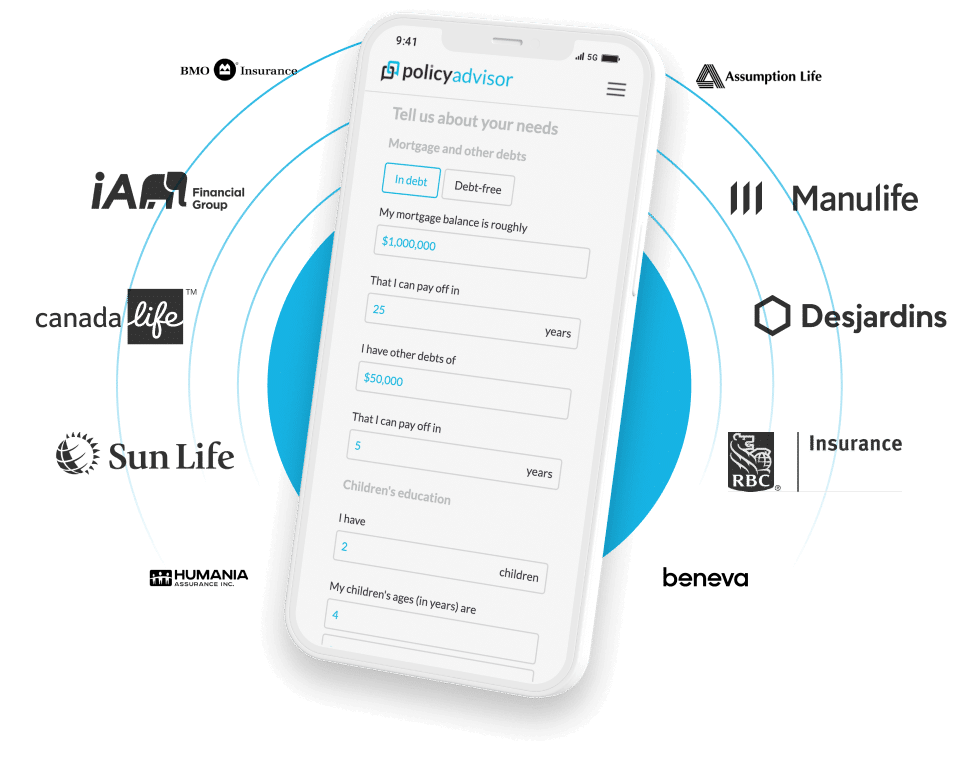
Why do I need to file back taxes?
Canadians are required to file back taxes if they miss filing them in a previous year. Many Canadians do not file tax returns for a variety of different reasons, including:
- Thinking they don’t owe anything and don’t have to file because of it
- Knowing they owe money but don’t have the funds to pay
- Thinking they won’t be found out if they don’t file their taxes
- Lost records and/or receipts and/or no knowledge or records of income or expenses
- Stress and worry over the tax filing process
What happens if you file your taxes late?
You may wonder what happens if you don’t file your taxes or what happens if you file your taxes late. In Canada, these are two different situations and the consequences of both are also different.
Not filing taxes when you are required to file them can be considered a crime, so it’s critical to file your returns, even if they are late and you cannot afford to pay immediately.
Tax evasion has serious consequences. Not paying your taxes is a crime, and has major financial and personal costs. If you are convicted of tax evasion, it can also lead to court-imposed fines, jail time, and a criminal record.
If convicted of tax evasion, you must repay the full amount of taxes owing, plus interest and any civil penalties assessed by the Canada Revenue Agency (CRA). Courts may impose a 5-year jail term or fine of up to 200% of the evaded taxes amount.
If you are required to file your taxes, you should file your taxes in full and on time. If you cannot file your taxes on time for whatever reason, you should take action and file them as soon as possible.
The longer you wait, the more difficult (and expensive) your situation could become. Late filing penalties, interest, and other fees add up the longer you go without filing.
In fact, you should even file your taxes if you do not owe any money. Filing taxes late when you don’t owe the Canada Revenue Agency any money is still a mistake.
Many benefits like the Canada Child Benefit will not be paid to you if you do not file. You could be missing out on benefits that you are entitled to receive if you decide to not file your taxes.
How far back can you go to file taxes in Canada?
According to the CRA, a taxpayer has 10 years from the end of a calendar year to file an income tax return. The longer you go without filing taxes, the higher the penalties and potential prison term.
Whether you are late by one year, five years, or even ten years, it is crucial that you file immediately. You may think that since you don’t have the money to pay your taxes, it’s best to not file, but this isn’t the right move.
The CRA does not forget about you over time. Every day that goes can cost you more money in late-filing penalties, interest, and other potential fees when you delay filing your taxes.
Filing multiple year tax returns in Canada
If you’re behind filing your returns, you shouldn’t simply walk into your nearest popular income tax chain with your collection of returns. Once you are behind on filing your taxes, you should deal with professionals who have a high level of experience that can negotiate with the CRA for you to achieve compliance.
Late tax-filing should be approached carefully. When filing past tax returns, the Canada Revenue Agency has a process that you should follow and helpful programs that may make it easier to follow their process.
The Voluntary Disclosure Program (VDP) was designed to be used as a “second chance” for people who did not file taxes accurately or when they should have.
If your application is accepted to the VDP, the CRA could grant you relief from prosecution and even reduce the interest or eliminate the penalties that you will be required to pay. This can be a great incentive for taxpayers who are interested in filing past tax returns in Canada.
It’s important to note that your disclosure must be voluntary, which means that you will need to come forward before the CRA contacts you about filing taxes late.
You will also need to provide complete and accurate information during your disclosure.
Finally, you must also include the full payment of the tax debt owing, including any interest not waived by the VDP.
It’s never too late to rectify your tax situation and file back taxes, but it’s important to know your options. If it’s been a few years or more, the VDP may be right for you depending on your situation.
Whatever your solution, it’s crucial to act quickly and file your back taxes so that you receive your tax benefits and aren’t faced with any future penalties.


 1-888-601-9980
1-888-601-9980


